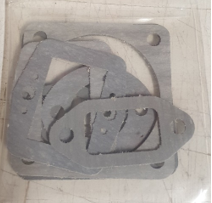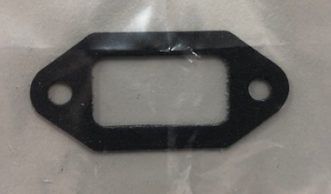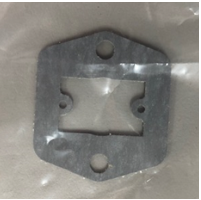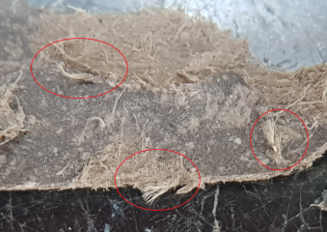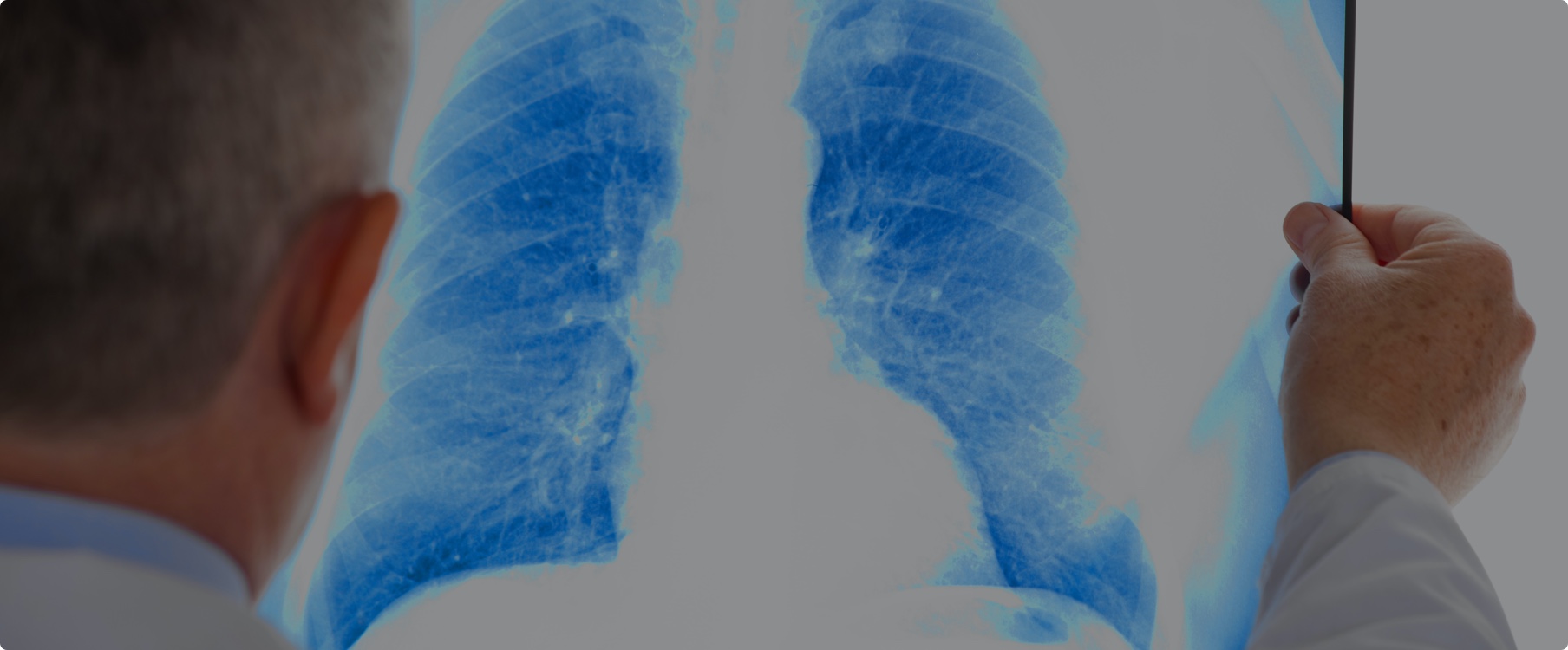Asbestos in Imported Small Engine Gaskets for Radio Controlled Aircraft
Purpose
This safety alert provides information about the presence of asbestos in some small engine gaskets manufactured in the People’s Republic of China (China).
Background
In July 2021, chrysotile asbestos was detected in gaskets that are designed for use in small (internal combustion) engines, also manufactured in China, for use within radio controlled aircraft. The licensed importer of the identified batches holds records of all customers and has initiated a recall for the return of the goods, to undertake replacement with non-asbestos gaskets.
Product description
The affected small engine gaskets are for a range of different applications in a number of sizes, for use within a range of radio controlled aircraft. The gaskets may be sold individually, or in complete sets to suit different engine types.
The asbestos containing material is common to a number of sizes and gasket applications. The material is essentially pale grey in colour but varies in colour to dark, when viewed under different light conditions or from different angles, which is apparent in the images.
Figures 1 and 2: Gaskets for radio controlled aircraft engines
Figures 3 and 4: Gaskets for radio controlled aircraft engines - Images source: Lifetree Environmental Pty Ltd
Figure 5: Deconstructed RC engine gasket material showing asbestos bundles present - Image source: Lifetree Environmental Pty Ltd
Asbestos in imported products
In Australia, the importation, manufacture, supply, sale and use or reuse of asbestos and asbestos-containing products is not permitted, except under very limited circumstances. However, some countries around the world continue to manufacture and supply asbestos and asbestos-containing products and materials. In addition, some supplier countries may classify goods with low levels of asbestos as ‘asbestos-free’ or ‘non-asbestos’. Sourcing apparent non-asbestos products from manufacturers that also make asbestos products is a risk for importers because under Australian law any level of asbestos is prohibited for import or use.
Risk control
Historically, gasket material is a risk for containing asbestos. Some countries that allow asbestos use have large industries producing gaskets containing asbestos. Direct purchases and importations of gaskets from sellers in countries that use asbestos is a risk.
Disassembling engines containing the worn gaskets may present a risk of exposure to asbestos fibres. Operators and maintenance workers in possession of gaskets with unknown origin are advised not to undertake any activities that may disturb the structure of the gasket. They should contact the Australian supplier for clarification of their source.
Action Required
- Importers must ensure they do not import asbestos into Australia. They need to be aware of the varying definitions and standards applied in the country of origin and/or supply and ensure they receive adequate evidence of non-asbestos materials used by the manufacturer. A declaration of no asbestos from the overseas supplier, on its own, is not acceptable evidence.
- When a risk is identified at the border, the ABF will require assurance from the importer, in the form of documentary evidence, that the goods do not contain asbestos. A test report from a NATA accredited laboratory (or equivalent international laboratory) showing no detectable asbestos is the best form of assurance. If adequate assurance is not provided, importers will face delays and be responsible for costs incurred when the goods are held at the border for the purposes of sampling and testing. See the ABF website for further information.
- If a consumer wishes to dispose of equipment they believe may contain asbestos, they should take it to a licensed facility that handles hazardous waste. Further information on the disposal of asbestos waste may be obtained from local government authorities, the relevant environmental protection authority or waste disposal authority in your state or territory.
Where do I get advice?
If unsure what to do, contact your State/Territory/Commonwealth WHS regulator:
|
Jurisdiction |
Regulator |
Contact Details |
Website |
|
Commonwealth |
Comcare |
1300 366 979 |
|
|
QLD |
Workplace Health and Safety Qld |
1300 362 128 |
|
|
QLD |
QLD Gov Asbestos page |
13 74 68 |
|
|
ACT |
WorkSafe ACT |
02 6207 3000 |
|
|
ACT |
ACT Gov Asbestos page |
13 22 81 |
|
|
NSW |
Safework NSW |
13 10 50 |
|
|
NSW |
NSW Gov Asbestos page |
13 10 50 |
|
|
NT |
Worksafe NT |
1800 019 115 |
|
|
NT |
NT Gov Asbestos page |
1800 019 115 |
|
|
SA |
SafeWork SA |
1300 365 255 |
|
|
SA |
SA Gov Asbestos page |
1300 365 255 |
|
|
TAS |
Worksafe TAS |
1300 366 322 |
|
|
VIC |
Worksafe VIC |
1800 136 089 |
|
|
VIC |
Vic Gov Asbestos page |
1800 136 089 |
|
|
WA |
WorkSafe WA |
1300 307 877 |
|
|
NZ |
WorkSafe NZ |
+64 0800 030 040 |
This Alert has been developed by the Heads of Workplace Safety Authorities (HWSA) Imported Materials with Asbestos Working Group, whose membership comprises representatives from: Australian Border Force, Asbestos Safety and Eradication Agency, Attorney General’s Department, Australian Competition & Consumer Commission, New Zealand Customs Service, Comcare, Safe Work Australia, SafeWork NSW, SafeWork SA, NT WorkSafe, Workplace Health and Safety Queensland, WorkSafe ACT, WorkSafe Tasmania, WorkSafe Victoria and WorkSafe WA, WorkSafe NZ.

